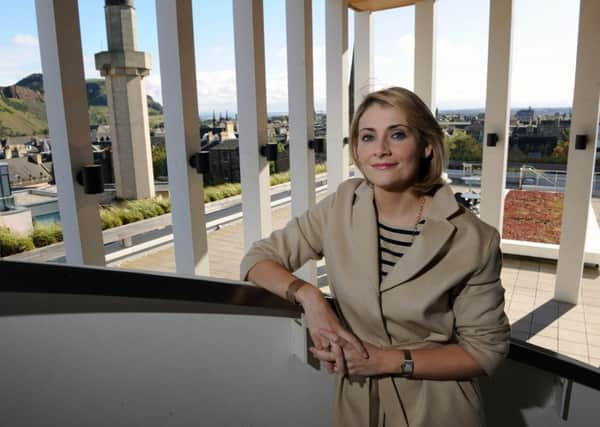Juliet Dunlop: Let’s not retreat from Benefits Street


Thousands more have signed a petition. West Midlands Police are said to be “looking into it” and this week Frank Skinner, a comedian who wades in the shallows in search of comedy brass, revealed that he’d turned down the voiceover gig, fearing he might upset people from Birmingham. Yes, it can only be Benefits Street.
We are now into week two of the Channel 4 documentary series and it is difficult to remember the last time a programme provoked so much hand-wringing, discomfort and general distaste. (Actually, I can think of a number of programmes involving Simon Cowell and Piers Morgan which also use “real people” and could easily fall into this category, but that’s another column.) Certainly, Benefits Street is grim, grubby, depressing, voyeuristic, and at times, like an al fresco episode of Come Dine With Me gone wrong. But it is also compelling – compelling in the way that a car crash is compelling. It’s primetime, roadside rubber-necking. It is also the only alternative to the Great British Sport Relief Charity Bake-off Third Round All-Celebrity Splash!
Advertisement
Hide AdAdvertisement
Hide AdBut of course, it’s the people who make it all possible; the poor, trusting chumps who agreed to take part in Benefits Street and who now appear to regret sharing their homes, their problems and their lives. And who can blame them? Filmed over a year in Birmingham’s Winson Green, most of the residents of James Turner Street have the prematurely wizened faces of the hopeless, feckless and bored. There’s Fungi, the recovering drug addict; Danny, the complicated shoplifter; bickering couple Mark and Becky; and the bra-less, chain-smoking sage of the street and star of the show, White Dee. There are other, smaller, walk-on parts but this is a programme primarily concerned with the poor, the unemployed and, as the title suggests, Britain’s “benefits culture”.
Only, it’s much more than that and here lies the problem. Benefits Street is also about survival, drugs, crime, milking the system, living by your wits. It is not about the majority of people who claim benefits – who work, who are honest, are on low incomes and struggling – it’s about the people at the very bottom, the “undeserving poor”, the Fagins and Artful Dodgers who live in every town and city. Perhaps the only thing that’s really wrong with it is the title.
Certainly, episode one was an education. It followed the hapless Fungi and the desperate Danny as they headed into the city centre armed only with a carrier bag lined with foil to, yes, foil shop alarms. Along with the crime, it also focused on the squalor, the messy lives, the booze, the cigarettes and the swearing. But does that make it poor-bashing? Poverty porn? or modern day badger baiting? Cheap television certainly, but no, it is more nuanced than the angry backlash would suggest.
Channel 4 has described Benefits Street as a “sympathetic, human and objective portrayal of how people are coping with continuing austerity and cuts in benefits”. And to an extent, it is. Again and again the residents of John Turner Street worry about having their benefits cut, paying bills, buying food. “How are we supposed to live like this?” they ask. Only, for most of them, work does not seem to feature on the horizon; welfare has become pay. That’s a problem for all of us, not just the people in the programme.
And yet, aspiration does appear with the arrival of the Romanians on the street. It is the immigrants, not the residents, who provide the only crumb of hope. One family tries to start a business. Later, a group of Romanian men appear, all desperate to send money home. They’ve been tricked into working 17-hour days in the fields but then one of them finds something better. “Having a job gives you the courage to believe it’s all possible.” It’s one of the saddest things I’ve heard in a long time. Even White Dee has dreams. She wants her children to be happy “… to get a job… be able to work… be able have their own families”. There’s nothing wrong with that, we just need more of it. Life is complicated and so is Benefits Street. If it sparks a bigger, wider debate, so be it. It’s one we need to have.